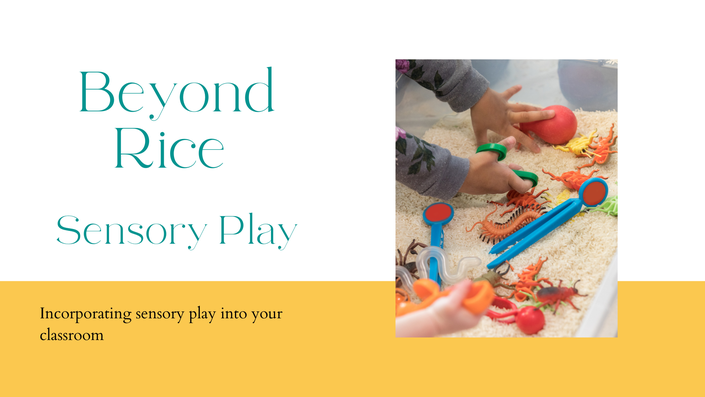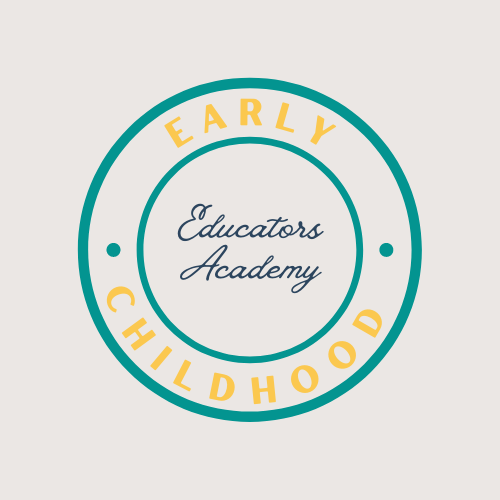
Beyond Rice: Integrating sensory play in your early childhood classroom
If you scroll the PreK side of Pinterest and Instagram you’re bound to come across a lovely picture of colorful rice neatly organized in a pretty wooden container with the hashtag #sensoryplay.
And it looks magical, creative, and fun!
Until teachers whip out their own sensory bins…
After a few minutes of enduring kiddo’s tossing the rice on the floor, the bin is closed up, pushed into a corner, and used as a storage table.
It seems sensory play has become another social media moment and a hassle of mess for teachers and nothing more.
But what if I told you sensory play
A: is more than just colorful rice in a bin?
And B: can actually be helpful for all kinds of things in the early childhood classroom, from letter recognition and social skills to behavior management!
Yup!
That’s right.
The benefits of sensory play are more widely understood in occupational therapy spaces but when educators understand the different sensory systems and how they impact a child’s development and behavior, it can be an amazing, everyday method of play inside the early childhood classroom as well.
The key is knowing that sensory play is more than just slime, rice, and kinetic sand.
Beyond Rice teaches early childhood educators the different sensory systems and their purpose and how to intentionally use sensory play in your classroom.
Inside this online professional development course you’ll get access to:
- Online lessons are broken down into short videos
- The Ultimate Sensory Play Workbook
- Sensory Diet Ideas
- Certificate for 1.5 Hours of professional development
>> This training is perfect for teachers who want to learn more about sensory play
>> Teachers who already use sensory bins but would like to use sensory play with more intention
>> ECEs who have neurodiverse children in their classroom with sensory needs
>> OR educators looking to expand their early childhood knowledge and explore a new topic
Ready to get started?
Course Curriculum
Frequently Asked Questions
Get started now!
Your Instructor

